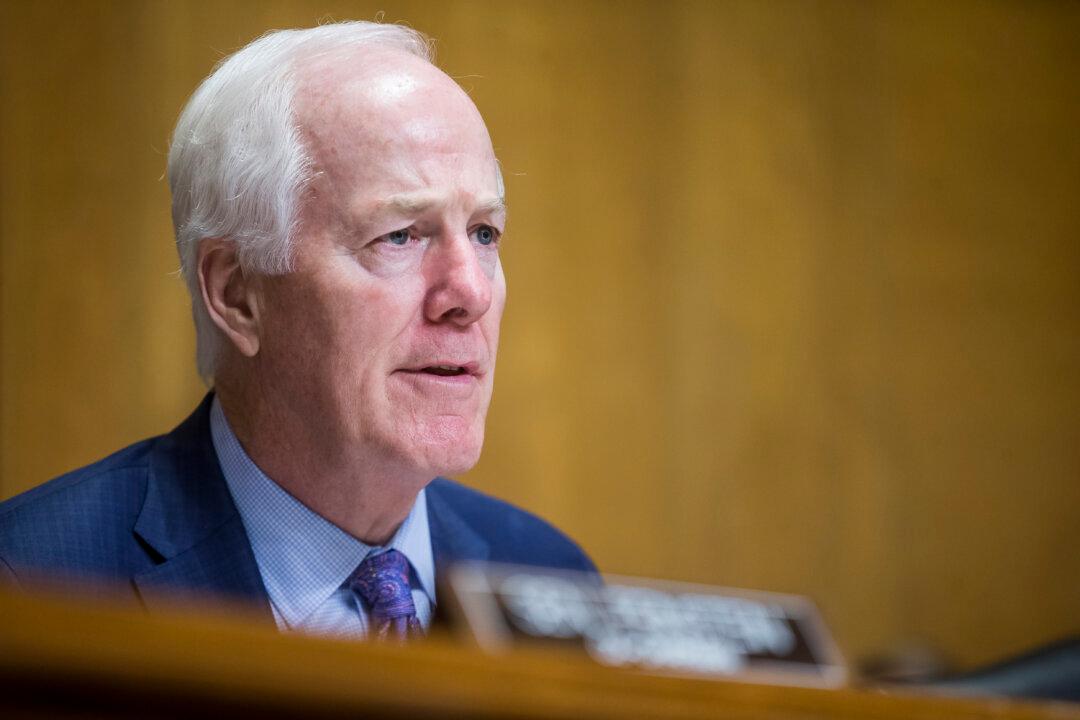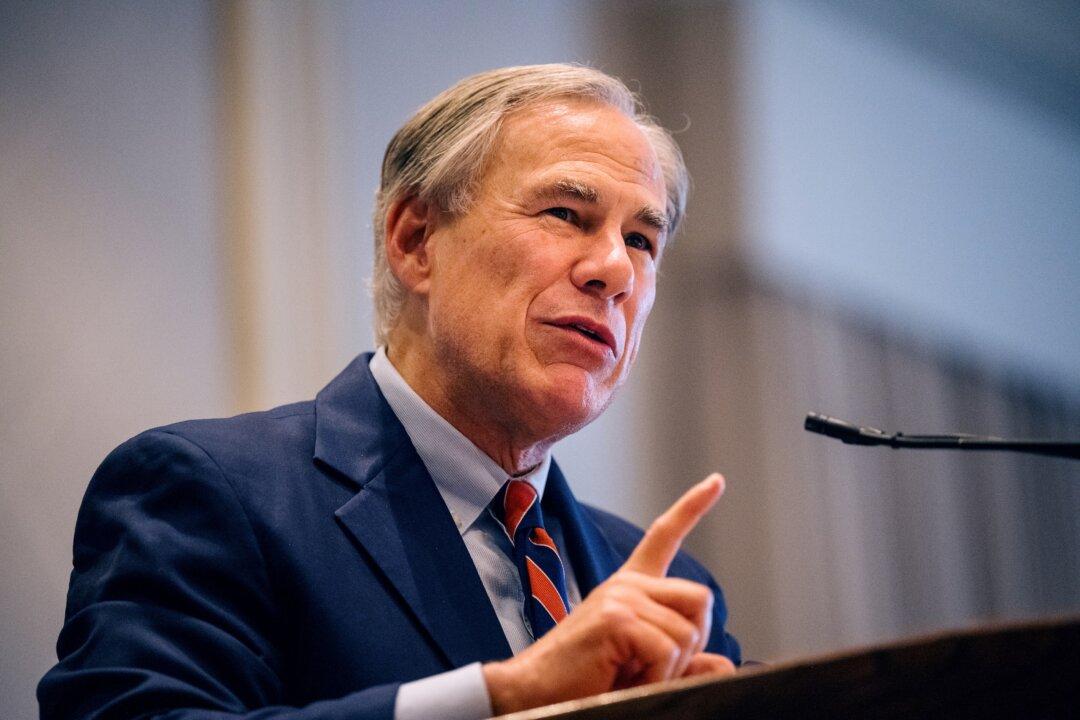Concerns about the Supreme Court’s use of unenumerated rights to “transform society” were voiced by Senator John Cornyn (R-Texas), on the final day of questioning at the Senate Judicial Hearings in Washington D.C. on March 24.
Unenumerated rights are those not specifically mentioned in the Constitution.





